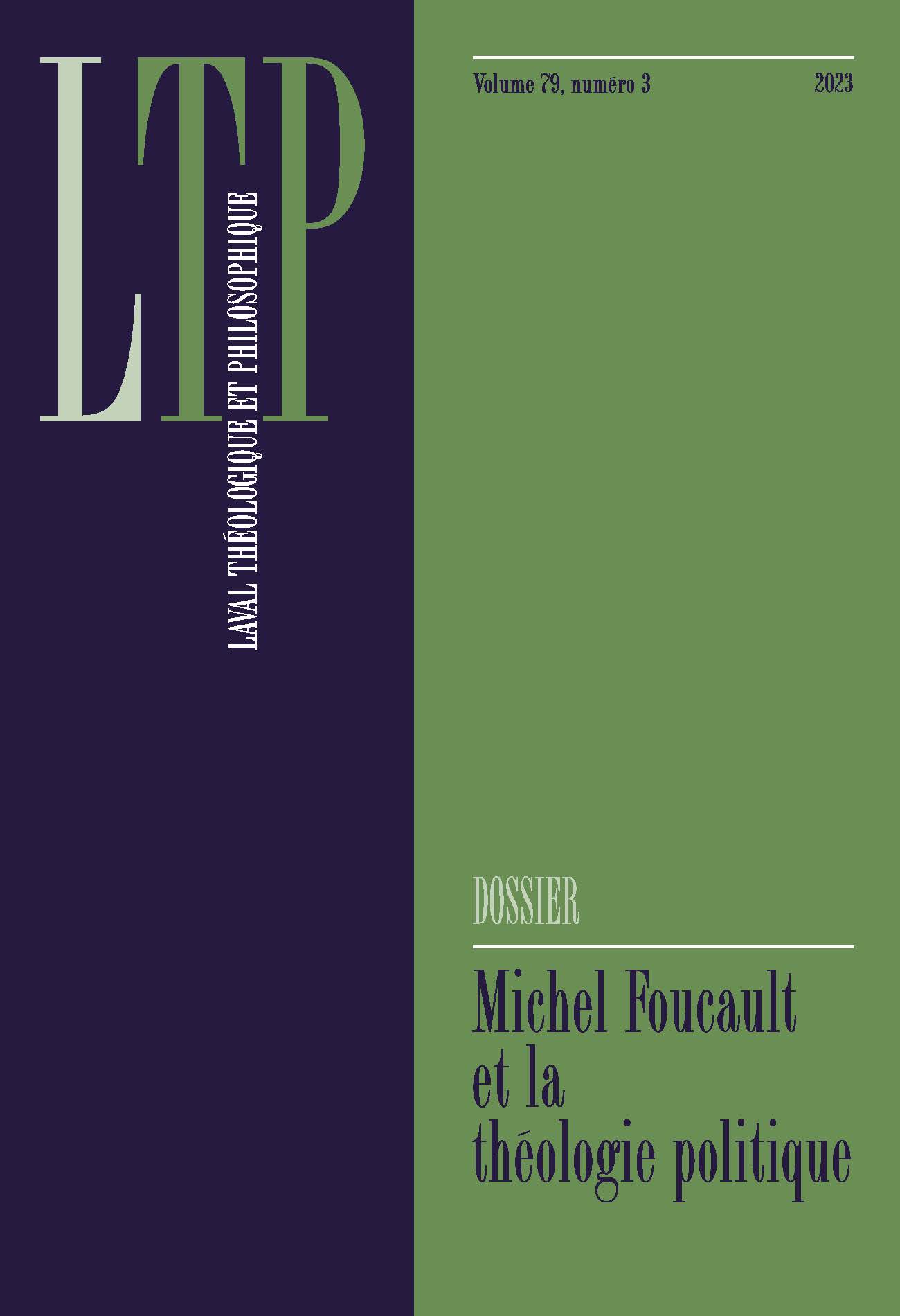La spiritualité comme liberté : à propos du rapport entre expérience et action chez le dernier Foucault
Abstract
In Foucault's view, individuals are able to modify themselves through spirituality. Accordingly, spirituality is intimately related to the way in which he conceives the dynamics of transformation and constitution of subjectivity. But what does Foucault mean when he argues that spirituality implies self-transformation? And how does he develop such a view of spirituality? This paper shows that the Foucauldian conception of spirituality both draws upon and modifies Georges Bataille’s approach to experience. While for Bataille experience is to be conceived of in terms of a passive instance of torment (supplice) or ecstasy, in Foucault’s view experience is defined by the action of the individual. This radical contrast between passivity and action becomes clearer by comparing mysticism, one of the main references of Bataille’s conception of experience, and asceticism, the spiritual activity par excellence according to Foucault. By showing how Foucault reinterprets Bataille’s account of experience through a reflection on spirituality, the article draws attention to the centrality of action to Foucault’s late account of freedom.

